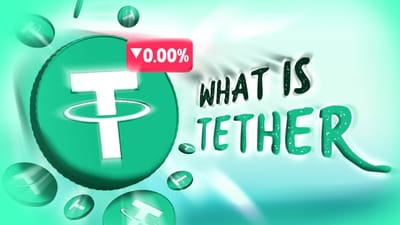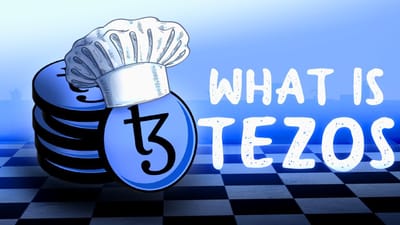Key Takeaways
- Thailand's SEC announced plans to shut down unlicensed crypto exchanges to combat financial crime;
- Investors are urged to withdraw assets from non-compliant platforms and use the "SEC Check First" app to check the licensing status of crypto exchanges;
- The initiative aligns with global trends in tightening crypto regulations.
Thailand aims to fight financial crime by shutting down unlicensed cryptocurrency exchanges operating within its borders.
The country's Securities and Exchange Commission (SEC), under the guidance of Secretary-General Pornanong Budsaratragoon, announced this initiative on April 19.

Did you know?
Want to get smarter & wealthier with crypto?
Subscribe - We publish new crypto explainer videos every week!
Candlesticks, Trendlines & Patterns Easily Explained (Animated Examples)


The Thai SEC is preparing a list of cryptocurrency exchanges that operate without official authorization, which will be presented to the Ministry of Digital Economy and Society.
To avoid public inconvenience and protect investors, the SEC has urged all crypto users to promptly withdraw their assets from these non-compliant platforms and highlighted:
The SEC would like to warn the public and investors to be careful of using services with unauthorized digital asset business operators because they will not be protected by law.
Moreover, the SEC has encouraged investors to verify the licensing status of crypto platforms using the "SEC Check First" application.
The application shows that, at the moment, major crypto exchanges like Binance, Kraken, Coinbase, and KuCoin have not been registered and, as such, will face closure once the ban is enforced.

This ban reflects the conversation around crypto regulation and its role in investor protection and crime prevention, aligning with tighter rules implemented globally.
Hong Kong has also taken similar actions, as unlicensed crypto exchanges must cease operations by the end of May.

























